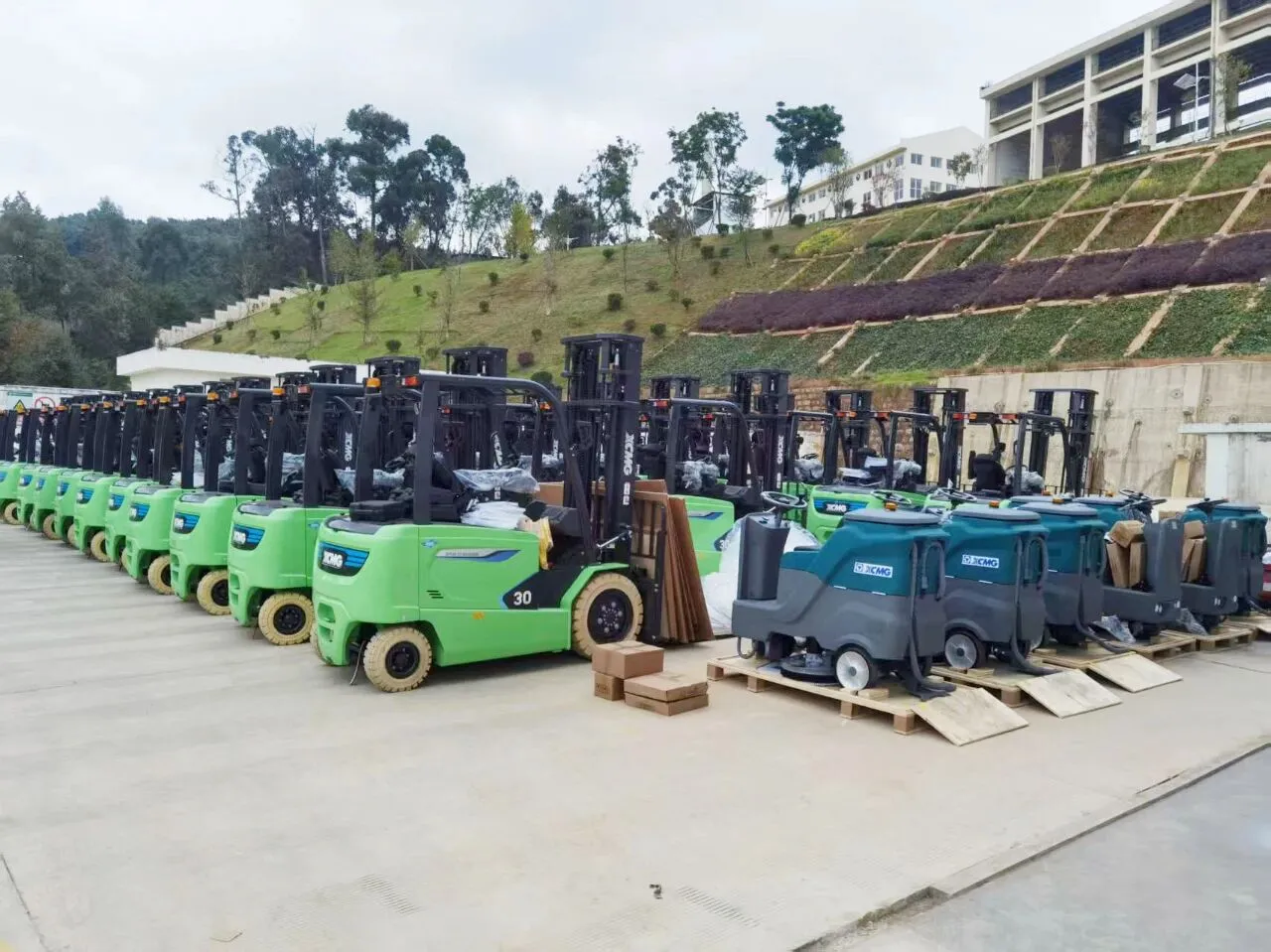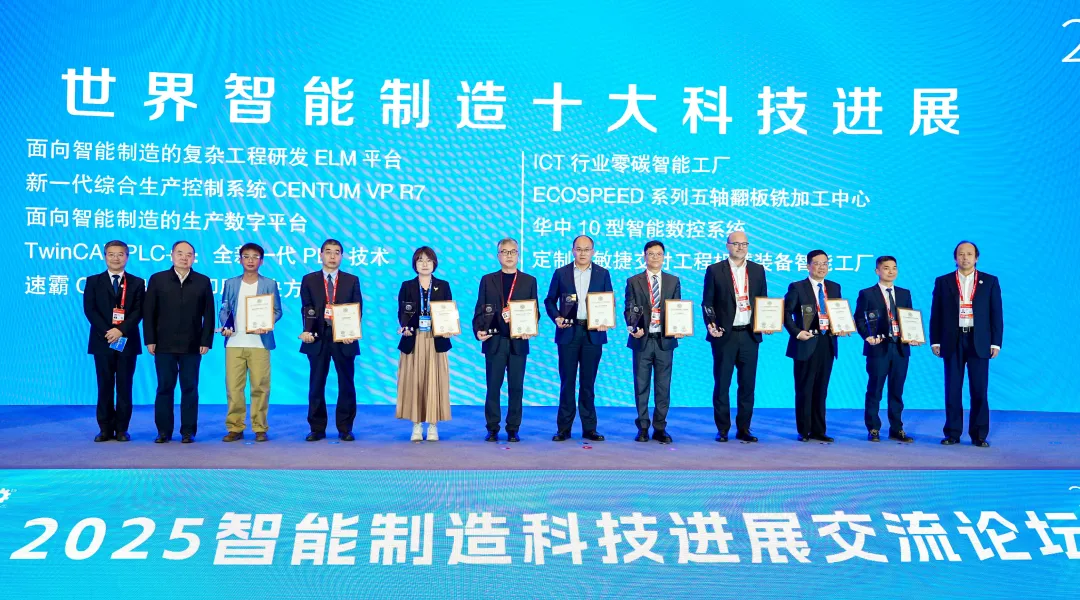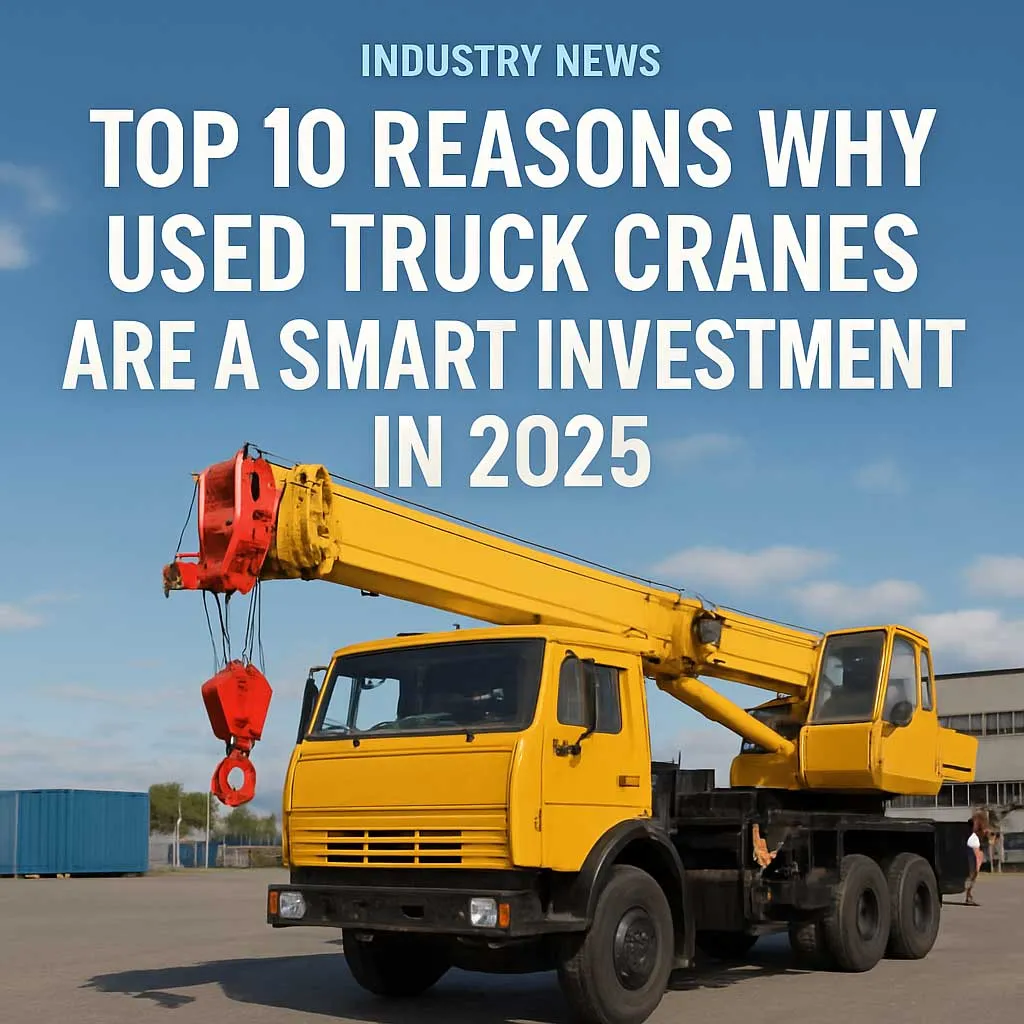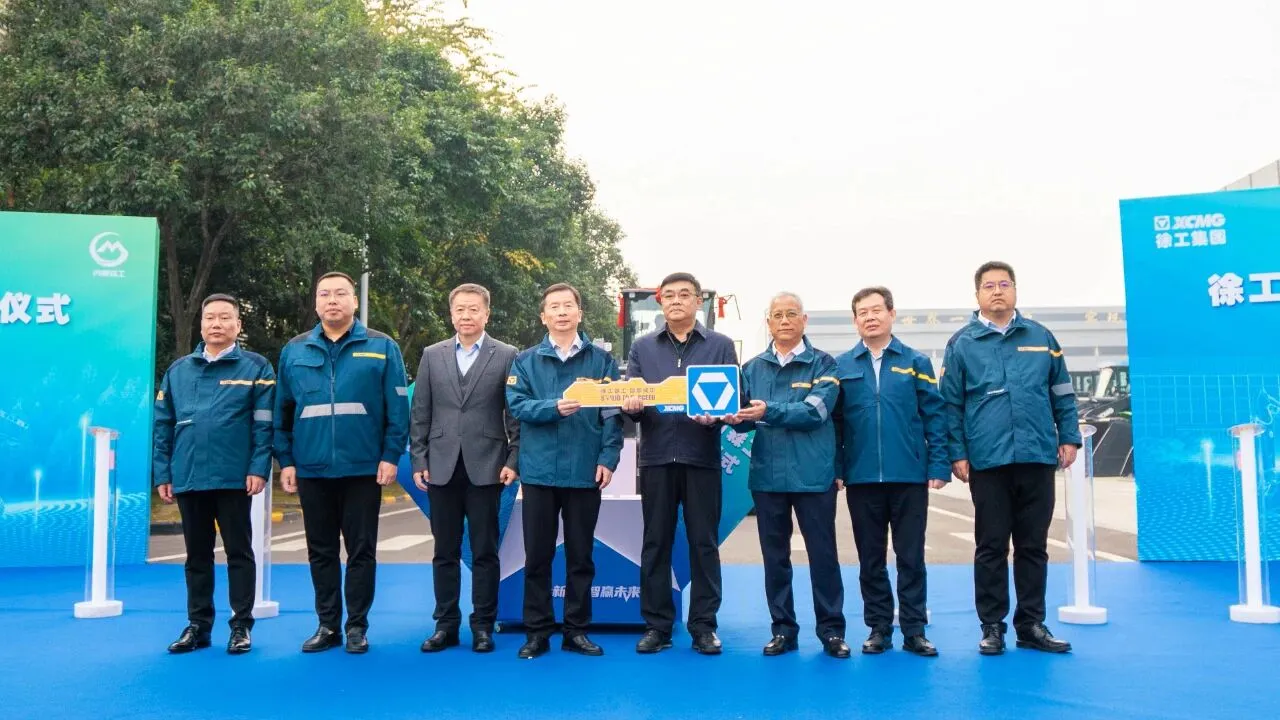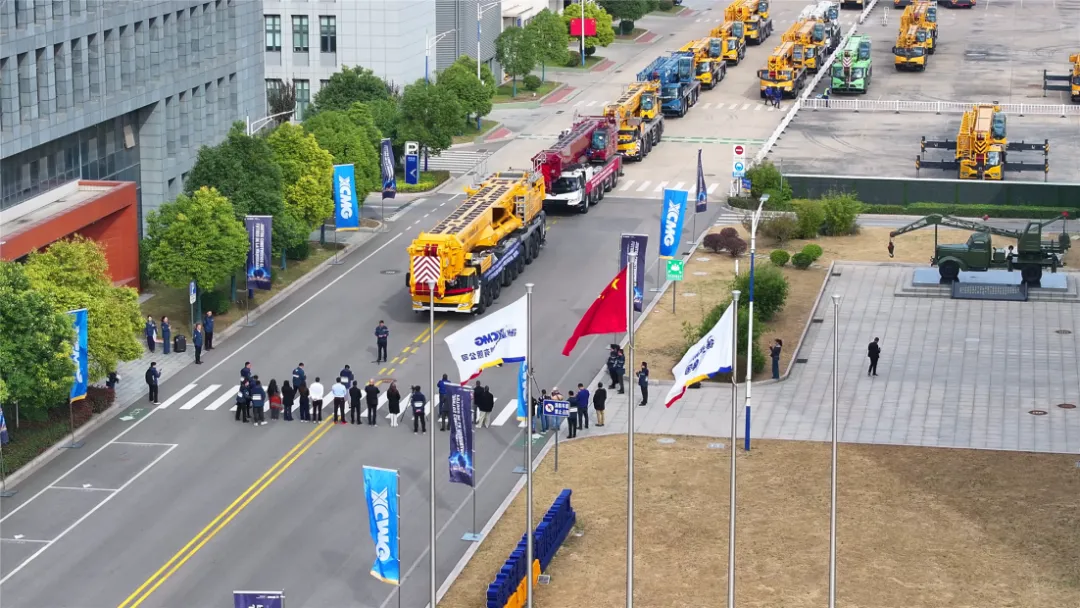Transitioning From Traditional Fuel for Future Construction Machinery

The automotive industry has shown that the
future is electric. The production of electric cars has been ramped up
massively as fuel prices and efficiency lures people away from traditional
petrol and diesel cars. While this is changing the landscape of our roads, it
means there might now be other things that can make a similar switch.
It now looks possible that plant machinery
will shift toward electric power in the future. With more and more businesses
looking to reduce their carbon footprint, battery power can be a huge leap in
the right direction for construction firms.
Current equipment
Battery power is not a new thing when it
comes to the construction industry, as some equipment, such as mobile elevating
work platforms, have been in use indoors for some time now. However, the more
heavy-duty equipment has tended to stick to diesel as the main source of power.
This doesn’t mean that the construction
industry hasn’t been trying to make the move toward more sustainable forms of
power. There are some hybrid machines available that work off a combination of
traditional fuels and electricity, but these do have their limitations as they
currently still need to be plugged in, leaving a hazardous wire trailing behind
them.
Moves toward electricity
The construction industry is aware that it
needs to do more to reduce its carbon emissions, and it is clear to see that
the combustion engine will soon be seen as nothing more than a dinosaur. It
therefore stands to reason those developments are now being made to drag the
construction industry into the 21st century by starting to take advantage of
the huge leap forward that has been made in the world of lithium-ion battery
technology. This means there will soon be more and more battery-powered
excavators to take the place of the traditional ones.
Of course, there have been huge leaps
forward in the diesel engines that are currently in use. Advances in diesel
engine technology have meant that many of the latest machines are now almost
emissions-free to fit in with regulatory requirements, but almost is never
quite enough.
These machines are also incredibly
disruptive thanks to the amount of noise that they make, so making the change
can’t come soon enough for some.
This move toward electricity may seem a
long way off, but the reality is not that far into the future. Many
construction businesses are now aiming to be more sustainable for the benefit
it can have on the planet and the competitive edge that it can provide.

A vision of the future
More plant machinery manufactures are
starting to show that they are leaning in this direction, with many showing off
their latest developments. One of the problems up until now has been
battery-powered plant machinery has not been powerful enough and therefore does
not compare to its diesel equivalent.
However, manufacturers are now boasting
that they have finally matched the power of a diesel engine which could be used
in rammers, wheeled loaders, vibratory plates and tracked loaders, not to
mention excavators.
Companies such as Takeuchi, Wacker Neuson,
Caterpillar and Hyundai are now all working hard to produce this electric
powered machinery as part of their commitments toward a more sustainable
future.
These pieces of equipment will not only
benefit the planet and the green credentials of a business, but also the ways
in which they work. By being quieter than a diesel engine, they can work
comfortably in urban workplaces and near to residential areas.
One of the biggest concerns that many
construction firms have had regarding battery-powered equipment is the issue of
charging and battery life. It is no longer as simple as pouring in a new tank
of fuel and carrying on, but many manufacturers are now claiming that charging
can be done in a matter of a few hours and that machines could continue
medium-duty work for more than six hours with just a one hour top up during the
lunch break.
While many of these things are still at the
prototype stage, some companies, including Bauma, Bobcat and JCB, are now going
into serial production, meaning these pieces of equipment could become a
reality on construction sites very soon.
These are likely to be shipped to other
parts of Europe first, but it looks as though quieter and more environmentally
friendly construction is not far away.
Other forms of power
While batter power seems the most realistic
alternative to diesel engines in the short-term, there are other forms of power
that show signs of being used. We are used to seeing solar panels popping up in
all sorts of places, and solar generators could become a powerful solution to
many problems.
With construction sites often lacking
somewhere to plug in and charge electric machinery, the power of the sun can be
harvested to do this no matter where the company is working. A site can be
completely off-grid and still be able to power equipment.
However, in some parts of the country,
sunshine cannot always be relied on, which is why hydrogen cells are also being
explored as an option. This technology has been around for some time but has
never really been put to full use. It is something that could power a static
plant, while mobile machinery still seems a little out of reach at the moment.
Many big manufacturers are aware of the
need to commit to zero-emission technology, and electric-powered plant
machinery seems less like a futuristic vision and more like something just on
the horizon.
